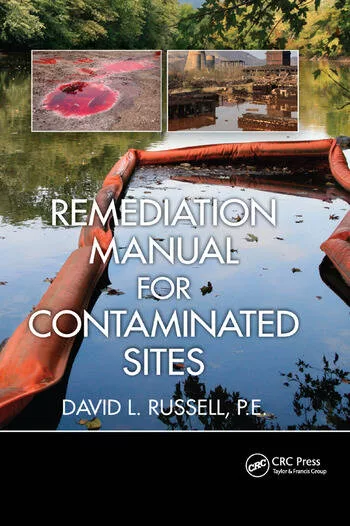EPA announces projects to replace lead pipes
Funding will reduce exposure to lead, supporting underserved communities that are most at risk for exposure,

On Wednesday, the U.S. Environmental Protection Agency (EPA) announced projects that have been selected to receive over $30 million in grant funding under the Water Infrastructure Improvements for the Nation (WIIN) Act. This grant funding, and additional funding through the Bipartisan Infrastructure Law, will help make rapid progress on the goal of addressing lead and removing lead pipes across the country.
“A pillar of our work at EPA is ensuring that every person in every community has safe drinking water,” says EPA Assistant Administrator for Water Radhika Fox. “The science on lead is settled—there is no safe level of exposure. This grant funding will help reduce exposure to lead in drinking water and should be used to support underserved communities that are most at risk for exposure.”
The selected projects are:
National Priority Area 1 – Reduction of Lead Exposure in the Nation’s Drinking Water Systems through Infrastructure and Treatment Improvements
- City of Trenton - $5,530,000
- City of Fall River - $10,000,000
- Detroit Water and Sewerage Dept - $5,000,000
National Priority Area 2 – Reduction of Children’s Exposure to Lead in Drinking Water in Schools and Child Care Facilities
- Hawaii Dept of Health - $2,000,000
- School District of Philadelphia - $4,999,658
- Rural Community Assistance Partnership - $3,650,000
"Receiving the WIIN Grant allows the City of Fall River to continue vital work to improve our water infrastructure with the goal of providing clean and safe water to our residents," says Mayor Paul Coogan of Fall River. "We are grateful to our federal and regional partners at the EPA for their tremendous support on this project.
“We appreciate Detroit being chosen to receive a $5M WIIN grant for lead service line replacement,” says Gary Brown, Director, Detroit Water and Sewerage Department. “These funds are critical as we work to accelerate director of the Detroit Water and Sewerage Department our replacement program. This grant will result in replacing more than 500 lead service lines at houses with our most vulnerable residents, such as seniors and children in the home.
“WIIN Grant-funded testing allowed us to identify and reduce lead exposures from water fixtures at schools across Hawaii. This new funding will allow the State of Hawaii to replace these fixtures to ensure that we are providing a safe learning environment for all students,” says Dr. Diana Felton, Toxicologist, Hawaii State Department of Health.
“The School District of Philadelphia is committed to providing abundant and equitable access to filtered, chilled drinking water every day for our 200,000 students and staff. To date, we have installed 1,568 hydration stations across all schools. These funds will accelerate the ongoing work of installing more hydration stations in schools. We are grateful to the EPA for its partnership in helping us maintain healthy learning environments,” says Dr. Tony Watlington, Superintendent, School District of Philadelphia.
“RCAP plays a key role in fostering the technical, managerial, and financial capacity for our nation’s small water systems,” says Olga Morales-Pate, Chief Executive Officer of RCAP. “We are pleased to lead and coordinate this project to help small water systems, rural schools, and childcare centers overcome systemic lead related challenges, and we thank EPA for investing in our rural infrastructure and communities.”
These selected projects will assist disadvantaged communities and schools with removing sources of lead in drinking water. These projects will work to further the goals of the Biden-Harris Administration’s Lead Pipe and Paint Action Plan, in addition to the Justice40 Initiative, which seeks to deliver 40 percent of benefits from certain federal investments to disadvantaged communities in need.
Learn more about this grant and EPA’s WIIN grant programs.
Background
Lead poses serious health risks to both children and adults – children are especially vulnerable. Low-income and other historically underserved communities typically experience high levels of lead in their drinking water because they are disproportionately served by lead services lines. The six new projects selected across the country will receive grant funding under the Water Infrastructure Improvements for the Nation (WIIN) Act through the Reducing Lead in Drinking Water grant program.
To date, over 2,400 LSL replacements have been completed as a result of support from the Reducing Lead in Drinking Water WIIN grant program.
In addition to this announcement of funding availability, the Reducing Lead in Drinking Water WIIN grant program also awarded over $1M in grant awards towards tribal lead reduction projects coordinated through interagency agreements between Indian Health Services and EPA. Additionally, EPA is working with states, tribes, and territories to award additional grant funding through EPA’s two other drinking water grant programs established by WIIN—the Voluntary Lead Testing in Schools and Child Care grant program and the Small, Underserved and Disadvantaged Communities (SUDC) Grant.
Click here for more information on these grants.

.webp?height=200&t=1668433096&width=200)


